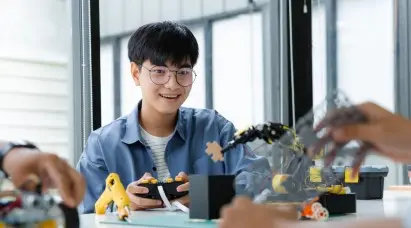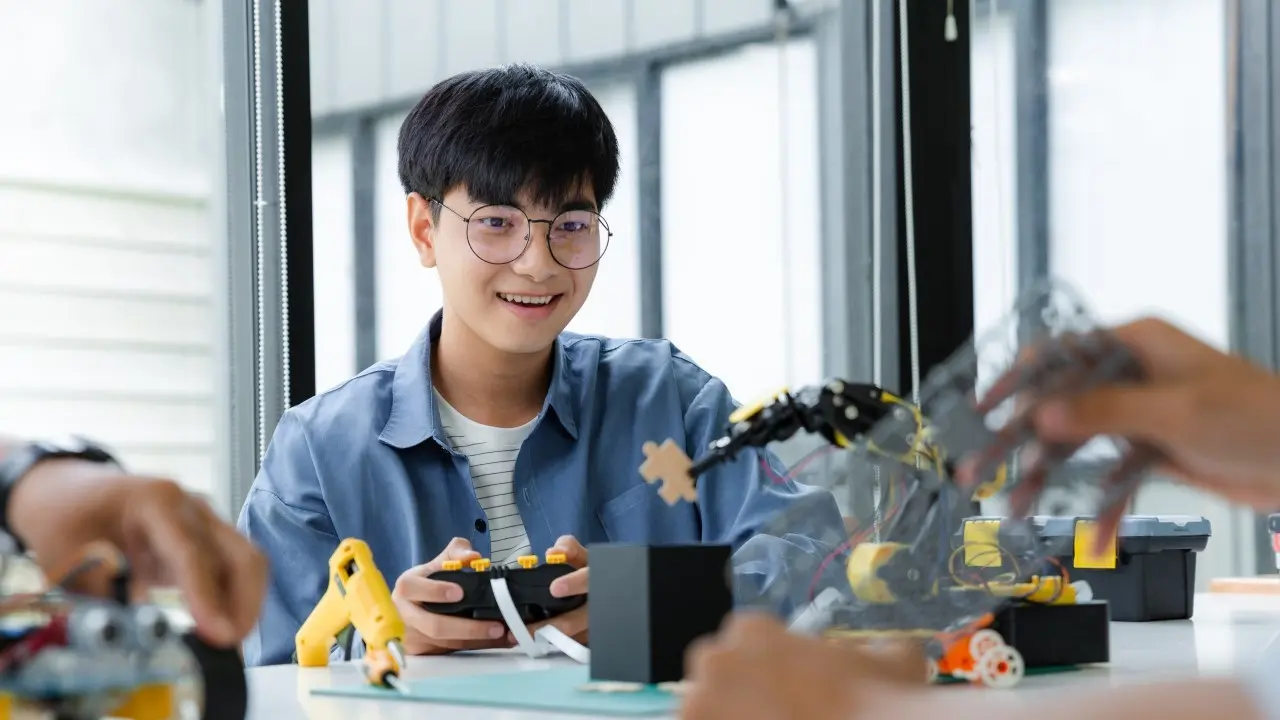As AI companions become increasingly integrated into our lives, it's essential for parents to understand what generative AI is and their impact on children. This article explores the delicate balance between the benefits and potential risks associated with AI relationships for children. With AI technologies evolving and offering personalised interactions and educational support, children have unique opportunities for learning and emotional support. However, there's a growing concern about their ability to differentiate these virtual interactions from real-life connections.
Pro of AI Companions: Personalised Learning & Engagement
Some AI companions (refer to list of AIs) can act as intelligent tutors and creative partners, adapting to a child’s learning pace and interests. This personalisation can foster curiosity and enhance educational experiences.
Con of AI Companions: Overattachment & Blurred Reality
Children might form strong emotional bonds with AI companions, blurring the line between artificial and real relationships. This could hinder social development and understanding of genuine human emotions.
Pro of AI Companions: Emotional Support & Constant Availability
These AI entities are always accessible, offering consistent interaction that can comfort children, particularly those who may feel isolated. Their non-judgemental nature allows kids to express themselves freely.
Con of AI Companions: Biases & Misinformation
AI systems may unintentionally reinforce stereotypes or present inaccuracies, particularly if not properly regulated or trained on credible data sources.
Pro of AI Companions: Safe Social Practice
AI companions provide a controlled environment for practising social skills and communication, which may help children develop confidence and empathy.
Con of AI Companions: Dependence on Technology
Relying too much on AI companions might reduce a child’s inclination to engage in real-world social interactions, possibly leading to social withdrawal or stunted interpersonal skills.
Experts highlight the importance of guiding young minds through their interactions with AI, ensuring that these digital companions supplement, rather than replace, human relationships. The article provides advice for parents on how to maintain this balance. It discusses the need for monitoring AI interactions, choosing trusted and reputable AI sources, and encouraging real-world social experiences alongside digital ones.
This discussion is not just theoretical; it's becoming a critical part of parenting in the digital age. As AI companions evolve, understanding their role in child development and mental health is crucial. This article aims to inform parents about the potential of AI to enrich their children's lives, while also cautioning them about the importance of moderation and oversight.
For any parent navigating the complexities of technology in their child's life, this article offers a clear, concise overview of what AI companions are, their potential benefits, and the precautions necessary to ensure these digital interactions remain a positive influence. It emphasises the power of mindful engagement with technology, advocating for a balanced approach to incorporating AI into the fabric of childhood development.
Read the original article from Cyberlite – The Rise of AI Companions: Helping or Harming Kids? for more details.













